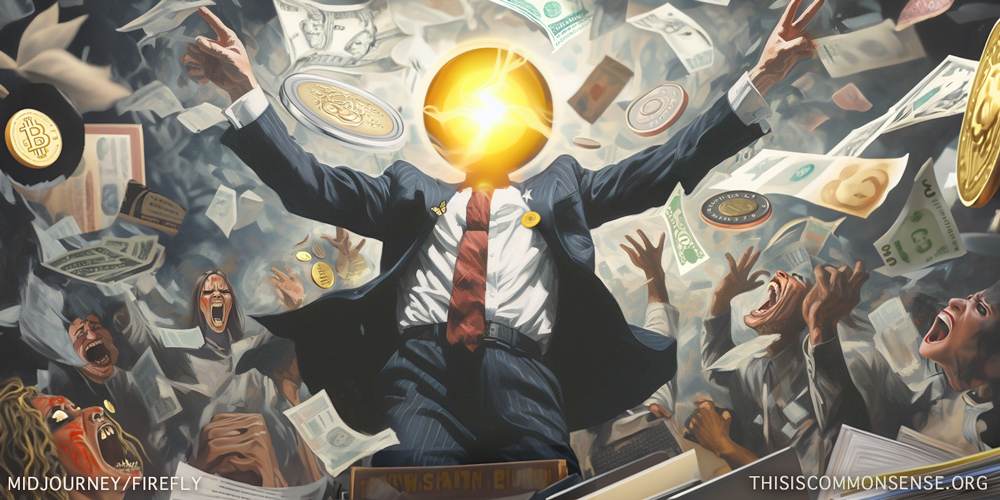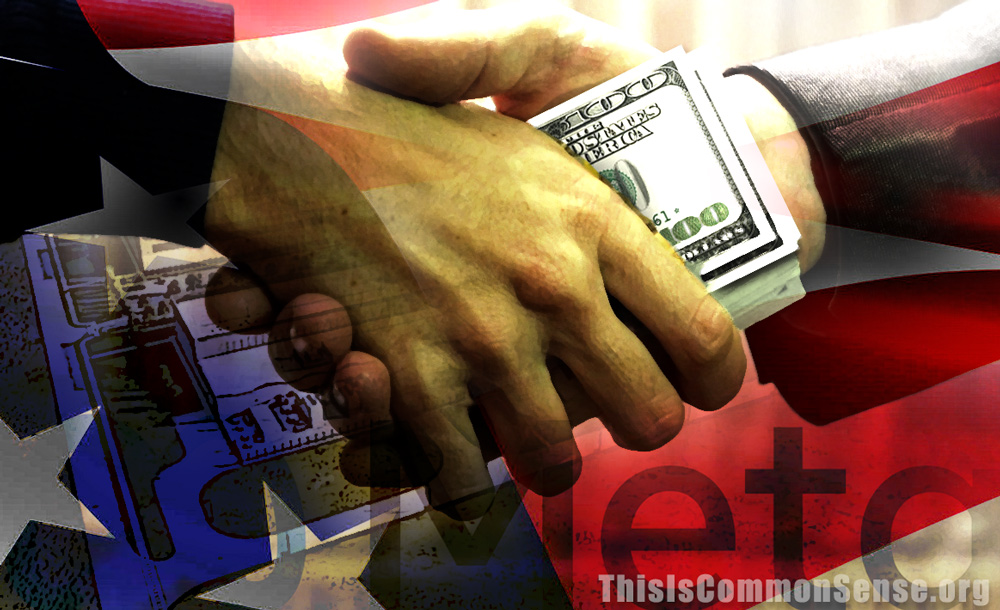Capitalism is better than socialism.
The new libertarian president of Argentina, Javier Milei, recently explained the virtues of the free market to attendees of the annual World Economic Forum in Davos, Switzerland.
Milei said that capitalism generates “an explosion of wealth,” that capitalism and the industrial revolution “lifted 90 percent of the world’s population out of poverty,” that a free market society is both practical
“Far from being the cause of our problems, free enterprise capitalism as an economic system is the only tool we have to end hunger, poverty, and destitution across the planet. The empirical evidence
As its answer to the practicality and justice of a capitalist social system, the left proposes the injustice of “social justice,” according to which “capitalism is bad because it is individualistic” and “collectivism is good because it is altruistic.”
Collectivism hobbles the entrepreneur and “makes it impossible for him to produce better goods and offer better services at a better price.” Which only impoverishes us. This is neither practical nor moral.
The West is in danger because it is allowing capitalism to be destroyed. We need to remember why we need it.
Will any of the dignitaries who heard Milei’s talk learn its lessons? Maybe not if they’re like WEF’s founder, Klaus Schwab, who looks at the international predations of the Chinese Communist Party and sees a “responsible, responsive” state.
But maybe a few others will. And then a few more.
This is Common Sense. I’m Paul Jacob.
Illustration created with Midjourney and Firefly
—
See all recent commentary
(simplified and organized)





